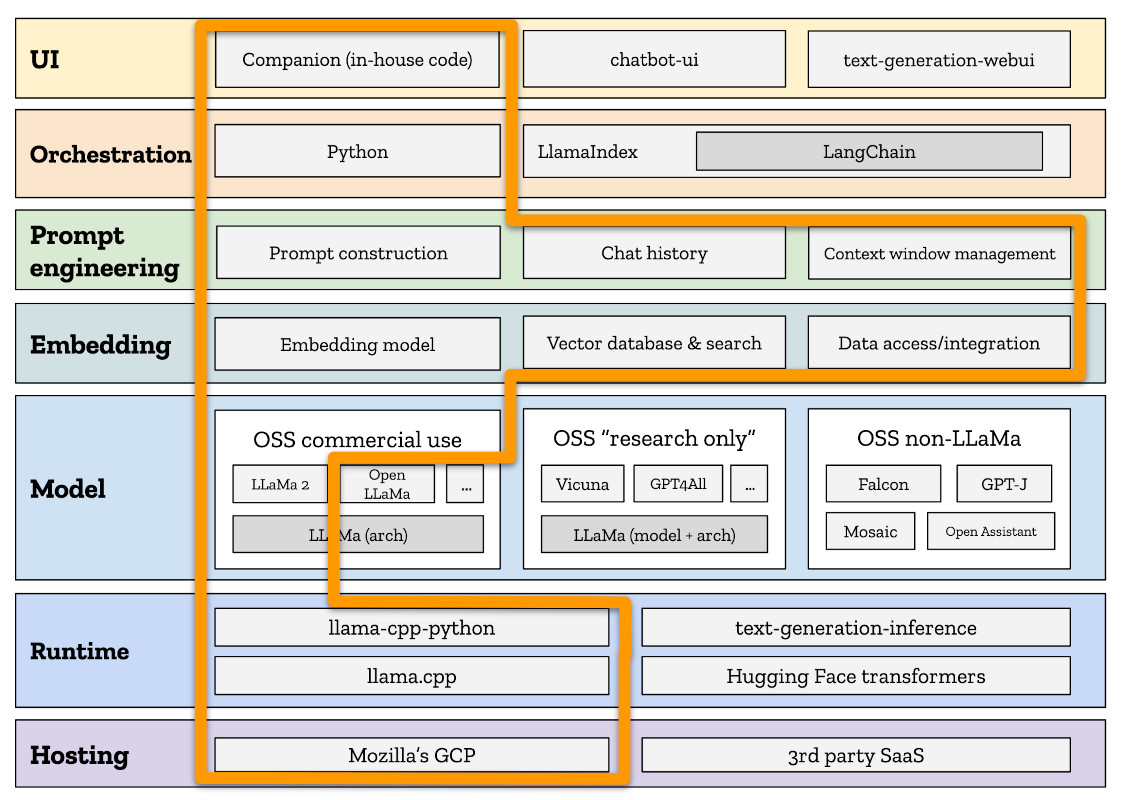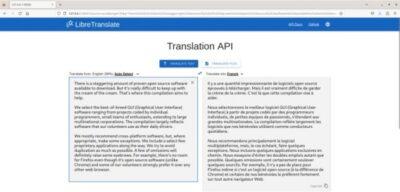Seafile is an enterprise-ready free and open source alternative to DropBox or NextCloud for file syncing and sharing

Seafile provides very fast file syncing. Tens of thousands of small files can be synced in a minute. It does what it does very well, without including an entire kitchen sync of extras. Seafile’s built-in collaborative document, SeaDoc, make it easy for collaborative writing and publishing documents.
Seafile keeps versions for files and snapshots for folders. Users can restore a file or folder to an old version easily. Snapshot for folders is a handy way to protect files against ransomware. Using de-duplication technology, file versions are kept in an efficient way with reduced storage occupation.
Seafile supports online editing and co-authoring for office files (including docx/pptx/xlsx) with integrating with Microsoft Office Online Server, OnlyOffice, or Collabora Online server. Seafile also has a built-in preview for videos, audios, PDFs, images and text files.
Seafile supports client-side end-to-end encryption to protect your data, which is a unique feature that you can rarely find in other solutions.
Seafile WebDAV interface can be used to integrate Seafile with many mobile apps, like Documents, GoodReader, allowing them to access files.
This performance is also partly due to its file system not storing plain text format files. Which is one reason why it is much faster than NextCloud.
It is fully cross-platform for Windows, Linux, Mac, Android, and iOS clients. On the server side, it will run on Linux or Raspberry Pi.
The Community Edition is fully open source. There is also a paid Enterprise addition that has some additional functionality, but the good news is that for up to 3 users the Professional Edition is actually free of charge (requires registration though).
See seafile.com/category/uncategor…
#Blog, #filesync, #opensource, #selfhosting, #technology
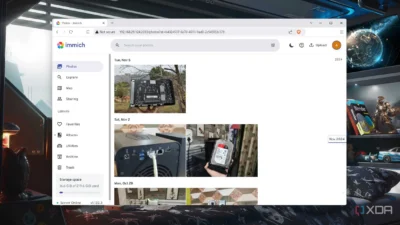

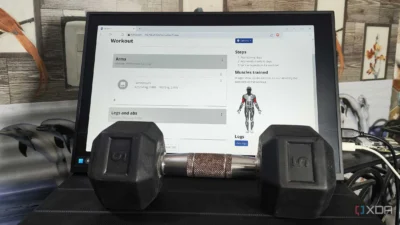
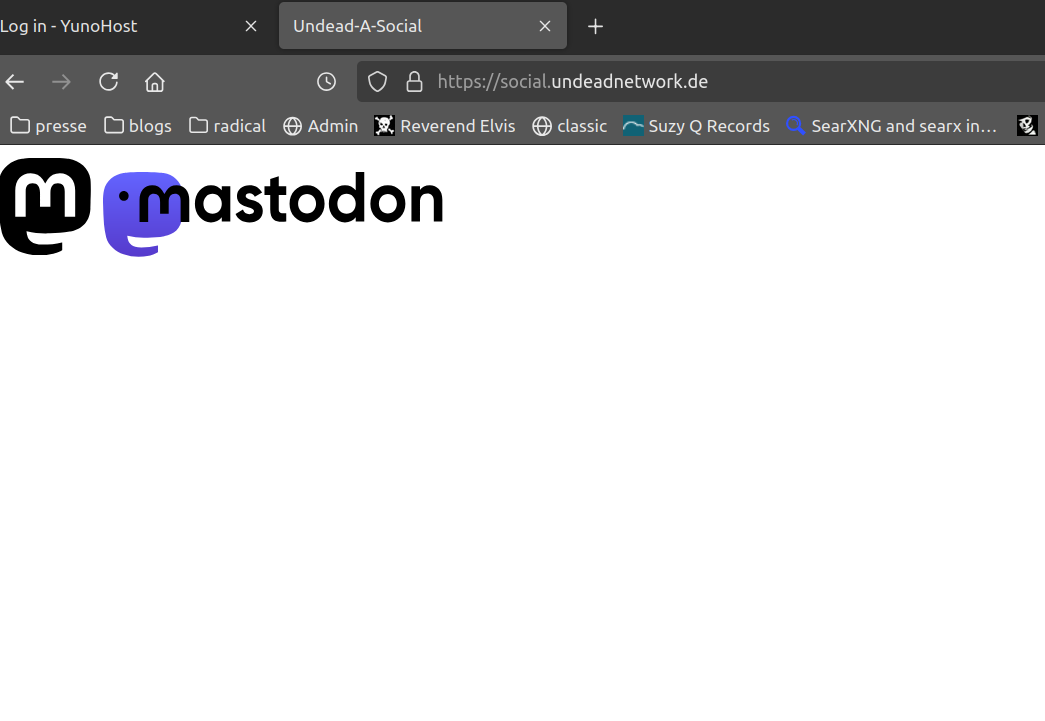




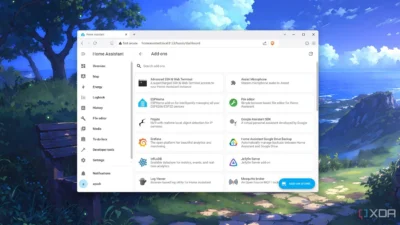



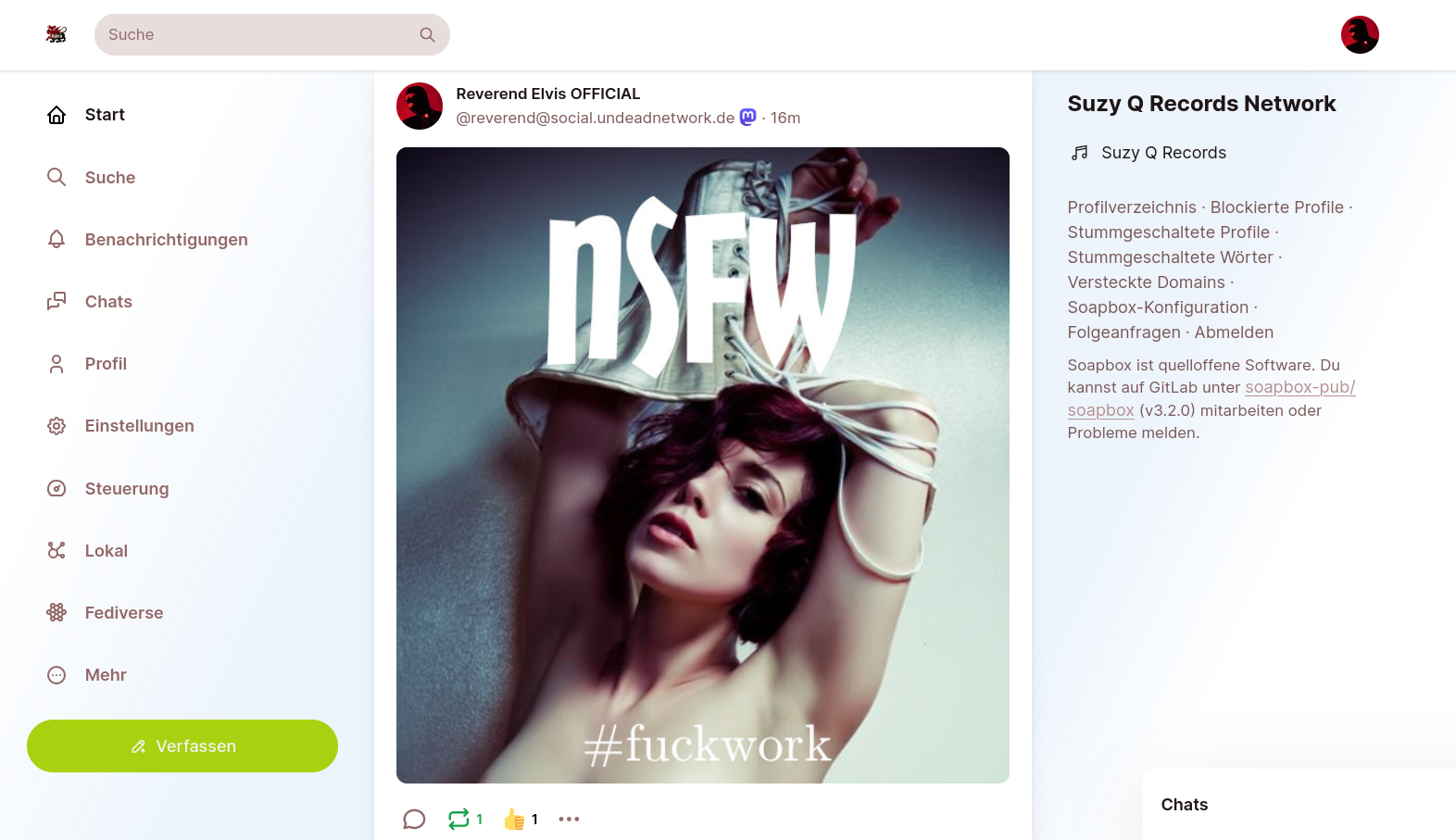
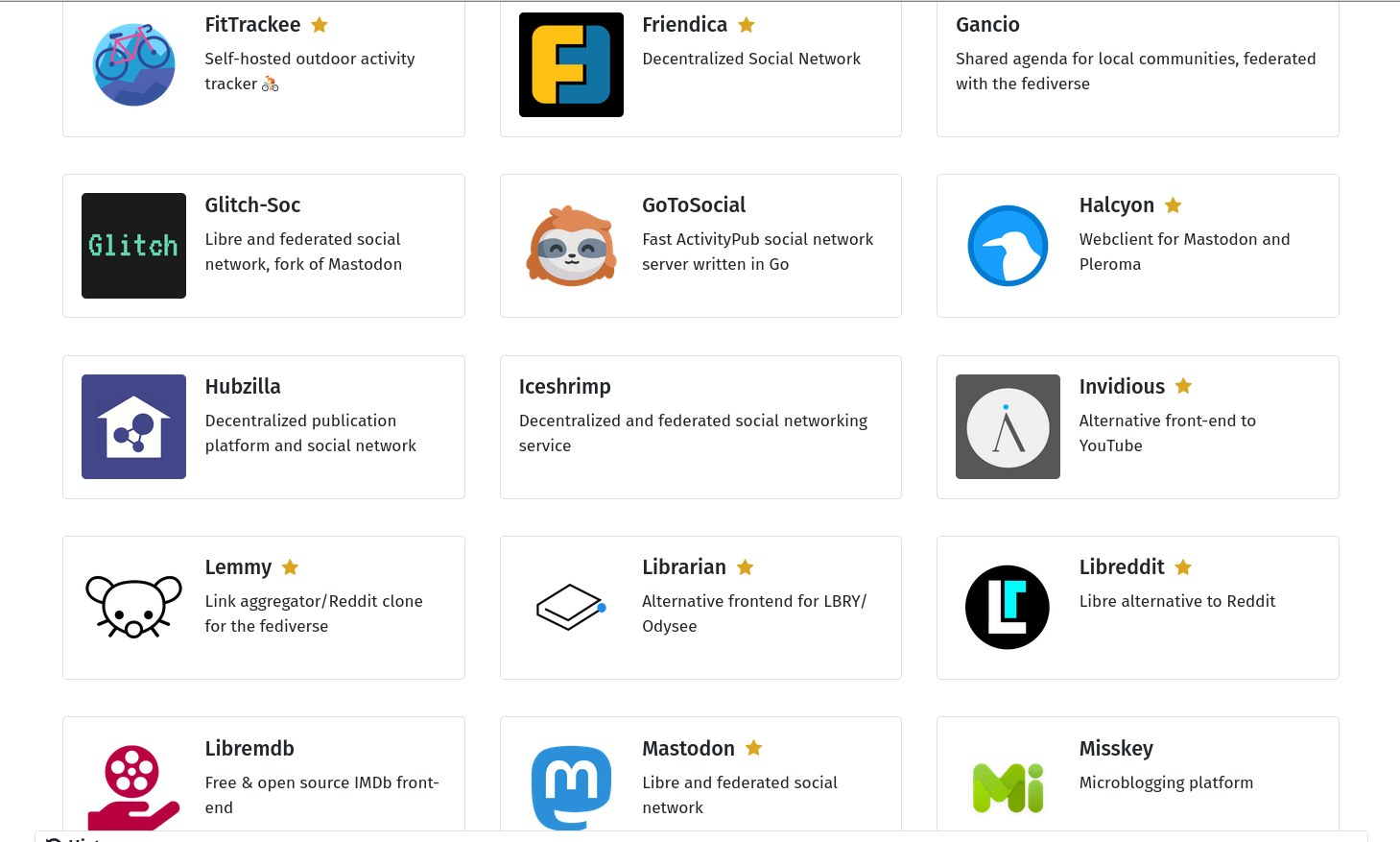
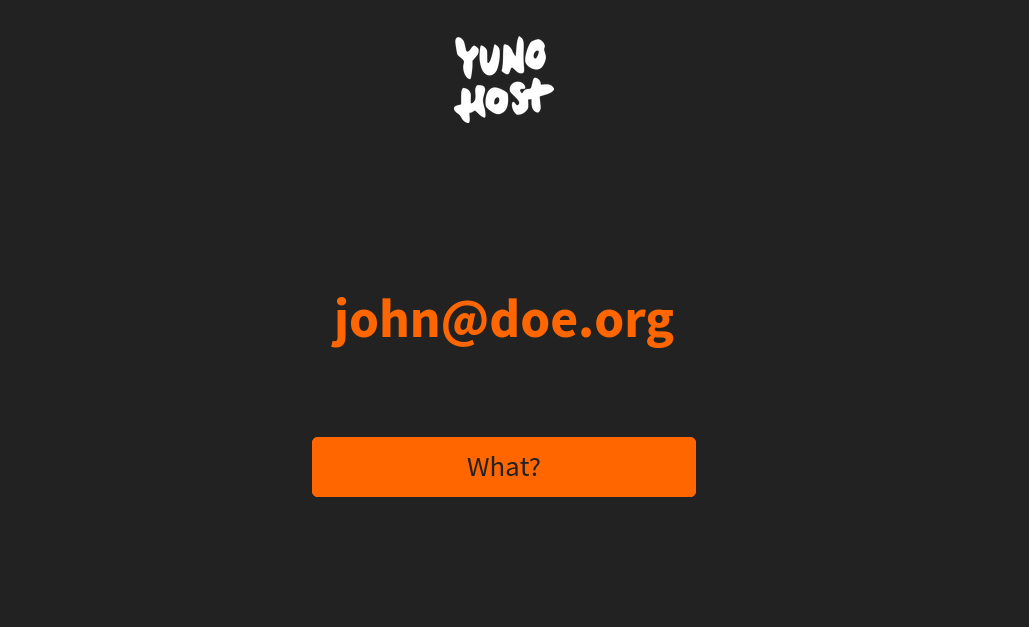

 @babel -
@babel - 
